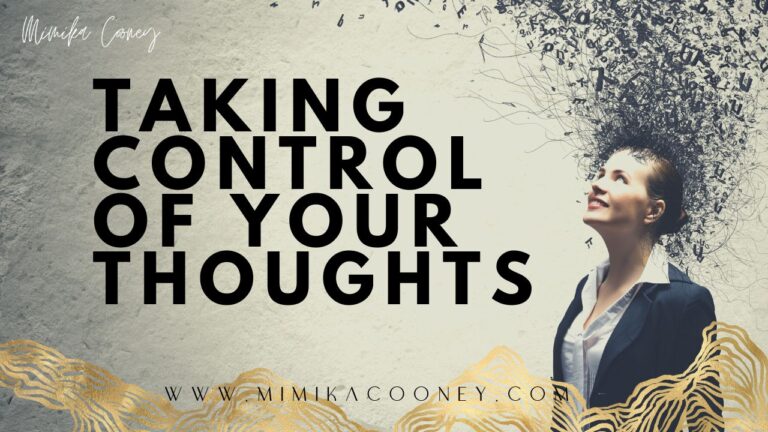Taking Control of Your Thoughts and Actions
Did you know you’re not stuck with the brain you have? You can take control of your thoughts and actions.
The good news is you can learn take control of your thoughts no matter your age or stage of life.
Science is finally catching up and confirming what the Bible has said all along, that we are to renew our minds daily.
You can actually change your brain, and it all comes down to the concept of neuroplasticity.
Time is an elusive commodity. It flows, it ebbs, and once lost, can never truly be regained. This realization is powerful and life-changing. If we genuinely value every fleeting moment, we start to prioritize our actions, decisions, and intentions. Such a perspective can help us understand and harness the transformative concept of rewiring our brain.
The Power of the First 10 Seconds
Each morning, when our eyes flutter open and the world rushes in, we’re presented with a golden opportunity. The initial moments, those very first 10 seconds, can be channeled to set the narrative for the entire day. By taking control from the onset, you’re not only charting your course but declaring yourself the captain of your ship.
A Deep Dive into Education’s Shortcomings
Our current education system, as vast and varied as it is, seems to miss the mark in one fundamental aspect: it often fails to teach our young ones how to think. Students are molded, refined, and polished into followers rather than pioneers, an issue I’ve noticed firsthand with my own children.
- Championing the Socratic Method: With deep-seated roots in Greek heritage, the Socratic approach, which involves a continuous process of questioning, offers immense value. Imagine classrooms buzzing with curiosity, where children don’t just accept facts but probe their very essence.
- Rethinking Traditional Schooling: The extended breaks in our school year may not be serving the cognitive development of our students as we’d hoped. Continuous learning, spurred by year-round schooling, might be the change we need.
- Marrying Facts with Practicality: Knowledge without application is like a ship without a compass. By shifting the focus from rote memorization to practical applications, we can awaken the innate curiosity that resides within every student.
Discovering Oneself: The Post-Schooling Quandary
It’s a familiar narrative: students stepping out of the school system, diplomas in hand but a cloud of uncertainty overhead. Many are unaware of their unique strengths, talents, and passions. This oversight in our education system underscores the need for early introspection and self-awareness.
Understanding Motivation: The Cause or The Result?
There’s a prevailing myth that motivation and confidence are prerequisites for action. In truth, they are outcomes. Once we recognize this, we shift our approach. We decide, we act, and only then, bathed in the afterglow of accomplishment, do we truly feel motivated and confident.
Savoring Small Successes
Each day is a mosaic of moments, choices, and actions. While grand successes are celebrated, it’s vital to acknowledge and savor the smaller victories. They serve as building blocks, reinforcing our belief in our decisions and actions.
Conclusion: The Journey of Self-Evolution
If there’s one takeaway from this, it’s this: reshaping one’s life begins with a conscious effort to reshape one’s mindset. To break the chains of self-limiting beliefs, to combat self-sabotage, and to tap into boundless potential, one must turn to the combined wisdom of neuroscience, coaching, and faith-based teachings. Are you ready to embark on this transformative journey?






2 Responses
Yes for sure!
It’s kind of similar to what’s accomplished in cognitive behavioral therapy, which helps patients recognize and respond appropriately to harmful, self-defeating thoughts.